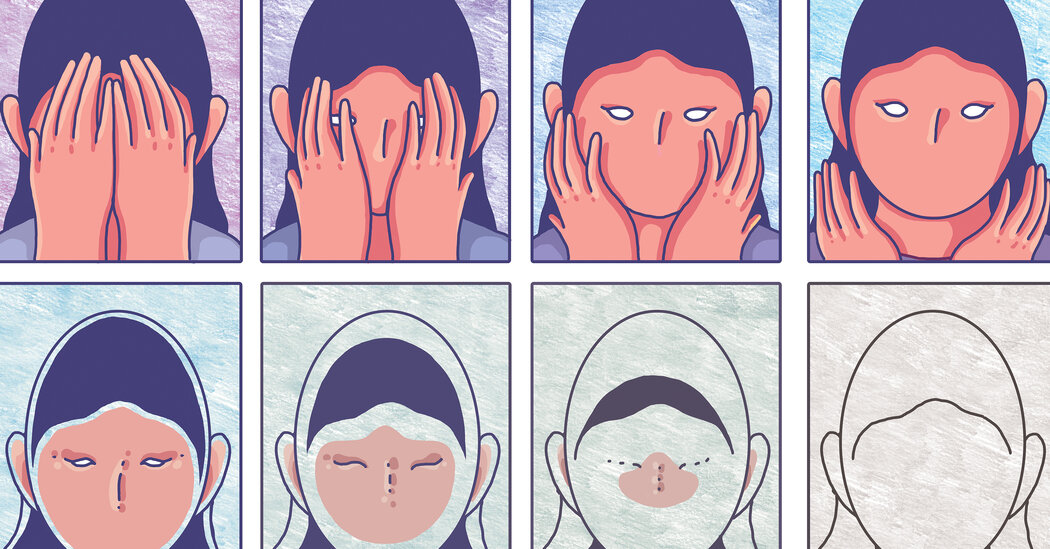I live with a disease that have doctors calling me a ticking time bomb and, even with this understanding, I mostly like my life. “It’s like the best mental health disorder you could possibly have!” my friend Joanne pointed out. She wasn’t wrong.
Never feeling sad, however, isn’t always a good thing. I often substitute anger and rage where sadness might serve me better.
After my mother’s 2018 death from cancer, I became so explosively angry at the funeral director over the obituary he posted that I left him expletive-filled voice mail messages until I was hoarse. To soothe me, my husband rubbed my back and said, “It’s OK, Jos. You’re doing really well.” “No I’m not,” I spat back, “I’m doing horribly.” He paused then said, “It’s true. You’re doing horribly. You really are. Just horribly.”
My mother’s death made me wonder for the first time if something might be wrong with me. I began googling phrases like “Is it possible to confuse emotions?” and “Are there people who never feel sadness?”
That’s when I happened upon the term alexithymia — or emotional blindness. Alexithymia, some researchers say, is similar to colorblindness in that a person is unable to register or recognize some or all emotions. Alexithymia is often linked to people with more extreme neurological differences, like some on the autism spectrum or in the psychopathic range.
However, more recent studies have found that some people who experience empathy and are able to experience “normal” interpersonal relationships can occasionally also present with an emotional shallowness, or even an emotional lack. Dr. Richard Lane of the University of Arizona department of psychiatry has been one of the leading researchers of emotional confusion and alexithymia for more than 20 years. Dr. Lane thinks of emotions like a crayon box. “Everyone has a different number of crayons in that box,” he suggests, “and they vary in color.” In cases of alexithymia, he says it isn’t that the person doesn’t feel emotions, but that the brain has trouble interpreting them.
I took the Toronto Alexithymia Scale test for Dr. Lane to analyze. “Most of your answers are non-alexithymia,” he told me. But then he pointed out that three of the questions had been targeting sadness. In all three scenarios he saw that I mentioned anger, but not sadness. “It helped confirm that not only don’t you feel it, but you probably don’t have a strong mental representation of it.” He paused then added. “You have this interesting isolated lack of sadness.”
[ad_2]
Source link


